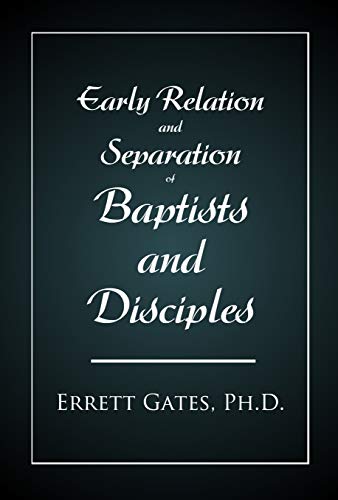What do you think?
Rate this book


Learn the history that brought the Baptists and Campbell together; see the explosive growth that came as a result; and understand the issues that ended up driving them apart.
133 pages, Kindle Edition
Published January 24, 2019